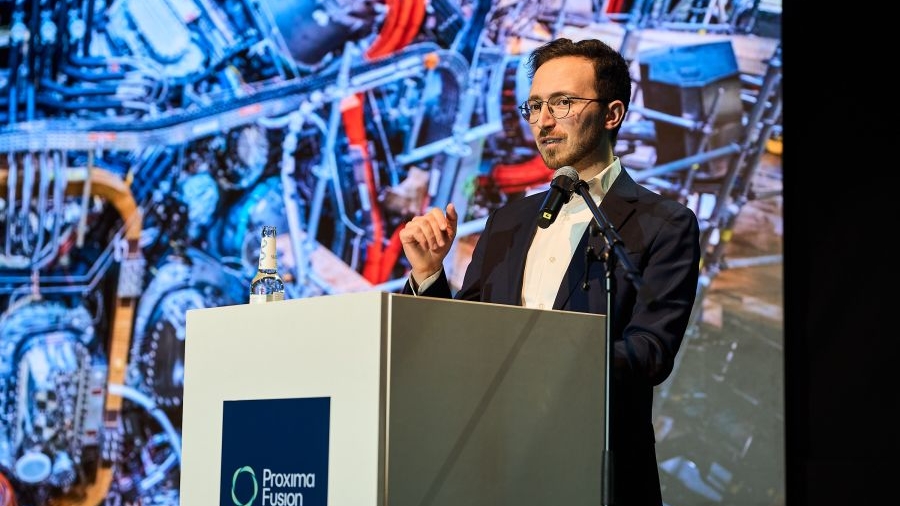Proxima Fusion, a German startup spun out of the Max Planck Institute for Plasma Physics, has closed a €130 million Series A round, marking a significant leap forward for Europe’s role in the global race toward commercial nuclear fusion.
The Munich-based company is now among the most well-capitalized fusion ventures outside the United States, with Balderton Capital and Cherry Ventures leading the round. This new funding brings Proxima’s total backing—public and private—to over €185 million, positioning it as one of Europe’s frontrunners in next-gen energy technologies.
Fusion has long been viewed as a theoretical panacea for global energy challenges—clean, safe, and virtually limitless. But Proxima’s CEO and co-founder Francesco Sciortino argues it’s now more than a scientific endeavor. “By the early 2030s, you’ll see fusion giants emerge in each geopolitical bloc,” he said. Proxima wants to ensure Europe isn’t left behind.
The company’s approach centers on stellarators, a type of fusion reactor that offers superior stability over tokamaks. Stellarators don’t rely on driving electric currents through plasma, avoiding instabilities that often plague other designs. Proxima’s own “Stellaris” concept builds on Germany’s Wendelstein 7-X—the world’s largest stellarator—located just kilometers from Proxima’s lab.
What helped unlock this mega round? Speed. Proxima hit its major scientific milestone—publishing its plant blueprint in a peer-reviewed journal—months ahead of schedule. Investors took note, leading to an oversubscribed round that Sciortino says attracted backers capable of funding future phases, not just this one.
With a hardware demonstration planned for 2027 and commercial viability targeted around 2031, Sciortino believes VC capital will be crucial through the end of the decade. “This isn’t an endless science project,” he said. “It’s an engineering sprint.”
The cap table reads like a who’s who of European venture. Alongside Balderton and Cherry are Lightspeed, Elaia, OMNES, DeepTech & Climate Fonds, HTGF, Bayern Kapital, and UVC Partners. The roster reaffirms Proxima’s identity as a pan-European effort rather than a purely German initiative.
Notably, Proxima is also active at Switzerland’s Paul Scherrer Institute and the U.K.’s Culham Centre for Fusion Energy. Sciortino, originally from Italy, has conducted fusion research across MIT, the U.K., and Switzerland—but sees Europe as the stage for commercial fusion’s future. “I’ve always believed Europe can build that future,” he said.
In a continent seeking both energy resilience and decarbonization, Proxima’s trajectory is one to watch. Investors are betting that this moonshot might just land.


